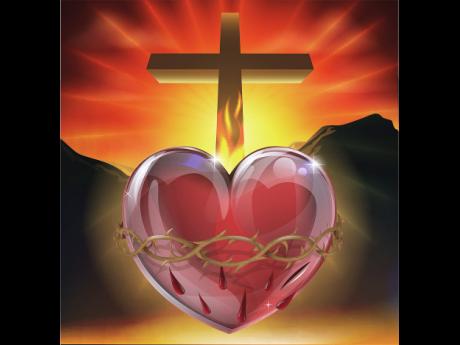The role of the church in Emancipation - Part 2
One of the ramifications of the 1831 Baptist War, also known as the Christmas Rebellion, was the persecution and prosecution of Baptist and Methodist missionaries who allegedly incited the enslaved, including Deacon Samuel Sharpe, to burn down plantations.
Sharpe had intended to strike if the enslaved were not paid for work done after the Christmas break. It was widely felt that King George had granted them their freedom, but it was being withheld. The rumours swirled far and wide, and got out of control, leading impatient enslaved Africans to set fire to plantations. Sharpe took no part in the insurrection.
Six Baptist missionaries William Knibb, Thomas Burchell, Thomas Abbott, Samuel Nichols, Francis Gardner, and William Whitehorne, were arrested and charged for causing the uprising through their preaching. They were not convicted because of insufficient or no evidence.
However, their lives were in danger, and so they fled to Kingston and Port Royal to
seek refuge with their fellow missionaries. Burchell and his family returned to Britain by way of New York. Knibb went to England, apprehensively, to agitate for the abolition of slavery in the British West Indies. James Phillippo, who served in the Spanish Town area, was already in England because of ill health.
Knibb was apprehensive because he did not know how the committee of the Baptist Missionary Society would react to his intention to have slavery abolished. Some committee members dissuaded him, arguing that slavery was a political matter, which the Church would not want to be involved in. He got support nevertheless, and at the public meeting of the committee of the Baptist Missionary Society, and its annual general meeting, he outlined the suffering of the enslaved, the facts of the Christmas uprising, and the persecution of the missionaries.
The Baptists were not alone in the campaign against slavery. The Methodists, who had suffered much property loss, also, sent two representatives, John Duncan and Peter Barry, to England to say what was going on in Jamaica, especially about the insurrection of 1831.
Also attending the annual general meeting were Phillippo and the Methodist, Barry. There, Knibb said, among other things, "Whatever the consequence, I will speak, I will not rest day or night until I see slavery destroyed root and branch."
At another public missionary meeting, at Exeter Hall, Duncan joined Knibb. Shortly after, Burchell arrived from America. Knibb's credibility soared, and at a meeting of the missionary committee, he was given permission to travel and talk about the state of affairs in Jamaica.
The missionary campaign against slavery was spearheaded by Knibb, Phillippo, Burcell, Barry, and Duncan. "Together, and separately, these men addressed missionary meetings, spoke at services in churches, answered questions before the select committee set up by the House of Commons, investigating the uprising in Jamaica, and debated representatives of the West India Committee, the planters' group in England," writes Lloyd A Cooke, in The Story of the Jamaican Mission.
Phillippo also took Robert Smith around England to talk about his experience. Smith, a Jamaican slave, had bought his freedom but was given no
document. When his owner's agent tried to sell him again, Smith escaped and stowed away to England to find his owner. He also found Phillippo and the agent. He was officially given his freedom by his owner and returned to Jamaica.
The anti-slavery campaign got massive support from the British public, and in Parliament, the agitation was forceful. It was a time when a new British government had been installed and changes were taking place all over. Even before the missionaries had returned to England, the Slave Reform Bill was passed. The Emancipation Act was enacted in August 1833, less than two years after the Christmas Rebellion.
Knibb and the other missionaries and humanitarians are credited for bringing slavery to its knees, choking and strangling it, but the acts of Parliament are said to have driven the nails into the coffin of a system that had taken the lives of so many. And what about the capitalists?
Whether it was solely their efforts or not, there is no doubt that the fight against slavery by Baptist and Methodist missionaries
helped to halt the wheels of oppression that spun fo

